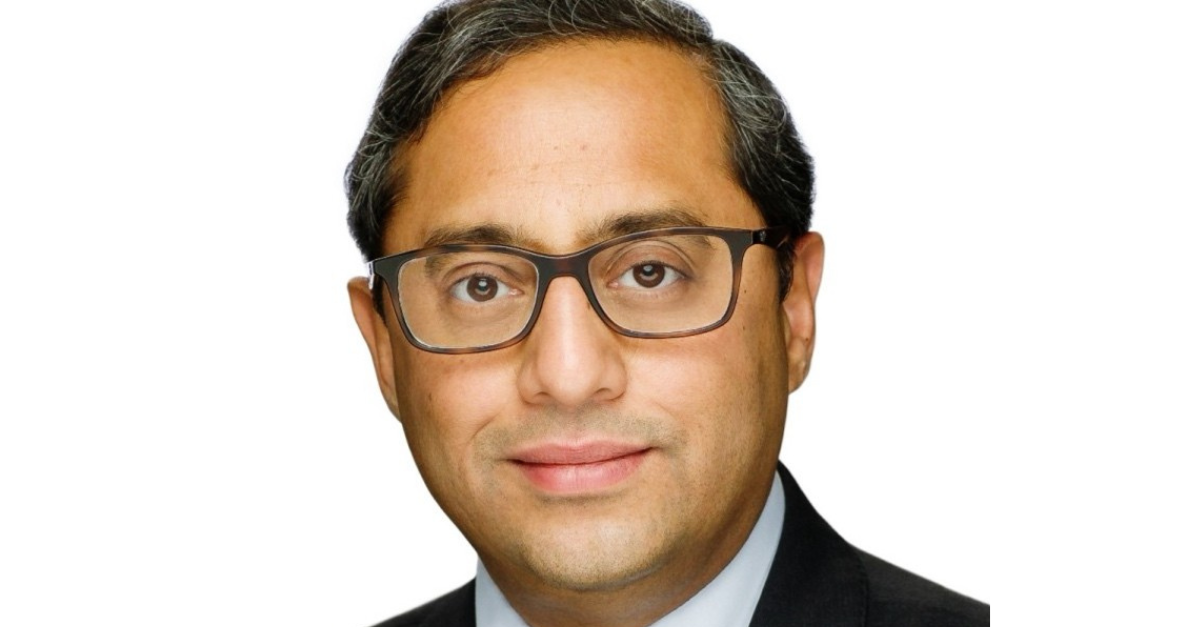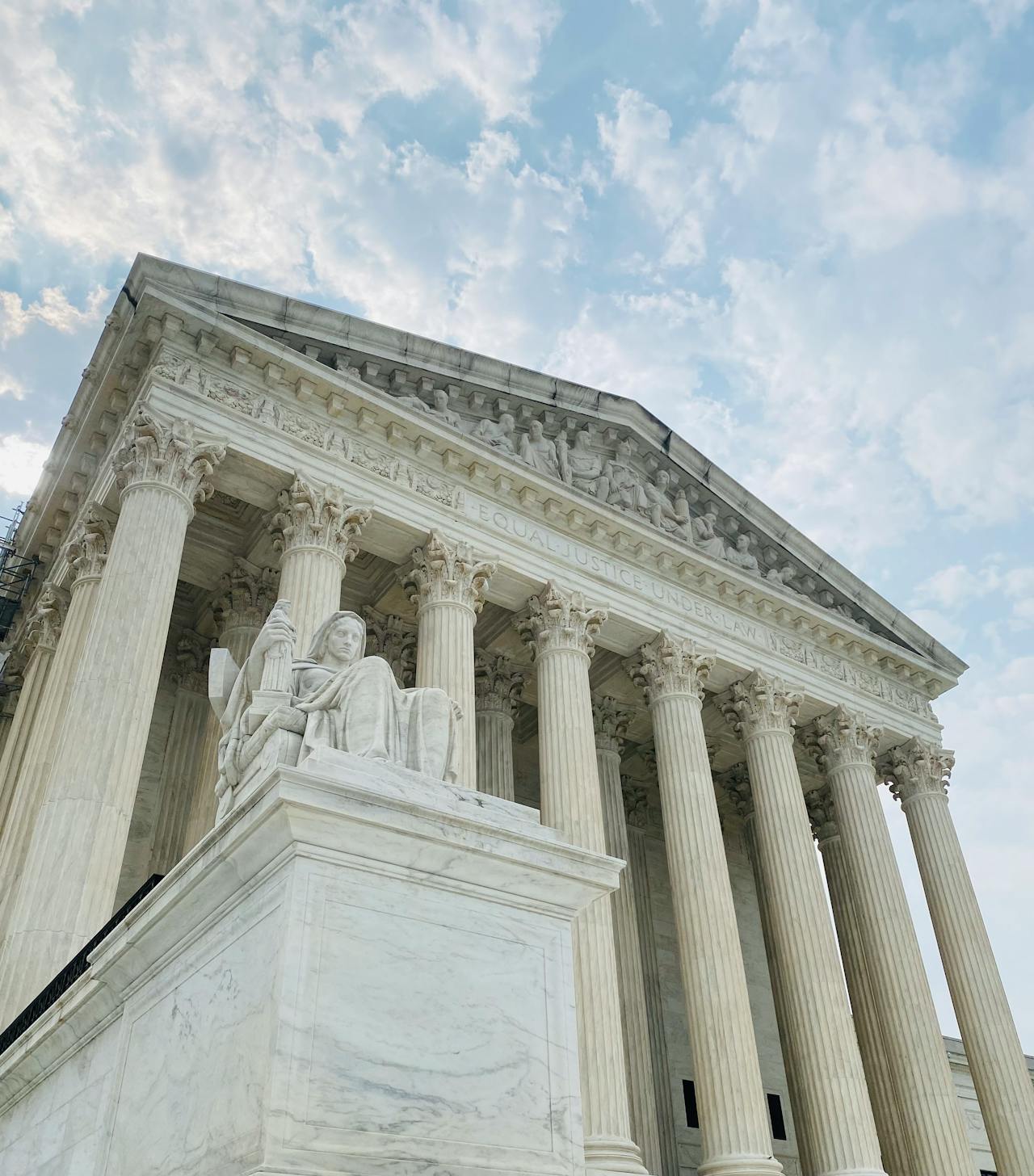The Trump administration has approved eight drugmakers’ rebate plans for a controversial 340B drug discount pilot program that kicks off January 1.
The 340B Rebate Model Pilot Program, unveiled this summer, consists of a selected group of drugs of manufacturers who have submitted plans meeting specific criteria approved by the Health Resources and Services Administration (HRSA).
The one-year test run will swap out upfront discounts for a limited number of products obtained through the 340B Drug Discount program for after-the-fact rebates as coordinated and distributed by manufacturers. Applications from drugmakers to participate were due Sept. 15.
Providers eligible for 340B discounts, referred to in the program as covered entities, would need to submit a data report to a drugmaker within 45 calendar days of the drug being dispensed—with allowances for extenuating circumstances—and then receive the rebate payment within 10 days of submitting their report, according to HRSA’s notice outlining the pilot program.
The test run will be limited to the 10 drug products included on the Centers for Medicare and Medicaid Services (CMS) Medicare Drug Price Negotiation Selected Drug List, according to a notice outlining the pilot program.
Hospital and health system groups have pushed back on the pilot program as it leans on drugmakers’ preferred approach to statutory drug discounts.
Participating drugmakers include Bristol Myers Squibb, Immunex Corporation, Astra Zeneca AB, Pharmacyclics, Merck Sharp Dohme, Boehringer Ingelheim, Novo Nordisk and Janssen Biotech.
The covered drugs include Eliquis, Enbrel, Farxiga, Imbruvica, Januvia, Jardiance, Stelara, Xarelto and multiple Novolog and Fiasp products.
The Model Pilot Program could potentially transform the way price concessions flow through the 340B Program. The 340B Drug Discount Program has traditionally operated as an upfront discount program where a covered entity
purchases a covered outpatient drug at the discounted 340B price. Under a rebate model, a covered entity pays for the drug at a higher price upfront and then later receive a post-purchase rebate that reflects the difference between the higher initial price and the 340B price.
HRSA has indicated that pilot will be used to “better understand the merits and shortcomings of the rebate model from stakeholders’ perspectives” and to inform the consideration of any future 340B rebate models.
Hospital groups immediately condemned the model, echoing past criticism of the program.
“The Health Resources and Services Administration’s approval of 340B rebate models for nine drugs is a clear case of the fox guarding the hen house. Drug manufacturers are the only winners under these rebate models, which will directly harm patients and the essential hospitals they depend upon for affordable, high-quality care,” Jennifer DeCubellis, president and CEO of America’s Essential Hospitals, said in a statement.
“Hospitals now have to manage a whole new set of administrative burdens, requiring more bureaucracy and more paperwork, with no benefit to patients’ ability to access discounted drugs. We urge the administration to abandon these 340B rebate models and instead work to strengthen the 340B program,” DeCubellis said.
A tight public comment period yielded more than 1,200 responses, many of which came from provider or provider-adjacent organizations opposing the plan.
The American Hospital Association attests that HRSA has “vastly underestimated” how much time and money hospitals obligated to participate will spend on reporting burdens. The hospital lobby gave a “conservative” estimate of 11.2 million collective hours hospitals would need to devote to filing rebate applications with drugmakers, well above the 1.5 million outlined by HRSA in a September notice.
Hospital groups have warned the approach would require their members, including those with limited liquidity, to float the funds while waiting for a payment that drugmakers could choose to deny. 340B Health, an industry group representing participating hospitals, estimated an average float of $72.2 million for disproportionate share hospitals.
The Pharmaceutical Research and Manufacturers of America (PhRMA) applauded HRSA’s approval of the eight rebate model pilot plans within the 340B program.
“HRSA’s approval of eight rebate model pilot plans marks an important step toward improving transparency and accountability in the 340B program. This development reflects growing bipartisan momentum to address concerns about program integrity and ensure that 340B benefits patients rather than padding hospital coffers,” PhRMA’s director of public affairs Molly Jenkins said in a statement.
“PhRMA and our members remain committed to supporting the successful implementation of this pilot and working collaboratively with HRSA and covered entities to ensure it delivers on its goals. We encourage HRSA to move swiftly to broaden use of the rebate across all 340B covered outpatient drugs, enabling wider use of rebates within the program. Expanding this pilot would help strengthen program integrity while preserving critical support for true safety-net providers and the patients they serve,” Jenkins said.
In September, a bipartisan group of 163 lawmakers is urged the Department of Health and Human Services to cancel the 340B pilot program, or to at least provide more information on how it intends to shield hospitals and the government itself from additional administrative costs and burdens.
Recent years had seen drugmakers attempting to implement a rebate model for 340B drug discounts on their own, citing the program’s rapid growth, lack of transparency and instances of duplicate discounts. The Department of Health and Human Services (HHS) and the HRSA, under the prior administration, stepped in to block the rebates without explicit permission from the HHS secretary. Drugmakers were largely unsuccessful arguing against that authority in court but scored a win when the new administration announced its pilot.
Publisher: Source link










